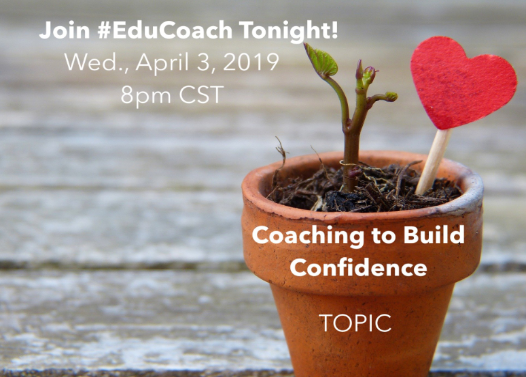Initially, my professional line of leadership enquiry was how school leaders develop cultural capital, through promoting Character Education*, our Values and virtues within a school to staff, students and parents and our stakeholder community. At the same time, I had a developing interest in alternative models of leadership and complexity theory. You can position me as a Values based educator.
On starting as Headteacher in 2016, all students in Years 7-9 were explicitly taught our five Values. Values were displayed throughout the school and communicated through all school publications, assemblies were “Values” focused, behaviour expectations were anchored to the school Values rather than rule focused. Rewards and celebration events were anchored to our Values. Enrichment events were tied to, or promoted our Values. And continue to be so.
Mid 2016 our organisation introduced a range of “soft skills” and lesson time was repurposed to explicitly teach students what these skills were, and to provide time to discuss and evidence them. Teachers are now taking on the responsibility for signposting these opportunities in their teaching.
Our investment was measured first through external validation and inspection and then on-going termly stakeholder surveys.
Parents now “express a high level of satisfaction with the school” (SIS 2017) and recent survey results show stakeholder satisfaction (parents, students and staff) at an all-time high (2018 Report to Trustees).
From here my professional focus was to continue to reinforce our Values based schooling and also on how Headteacher’s can develop Trust in school, heavily influenced by the evidenced based practice of Dr Paul Browning and Compelling Leadership (parts 1-4). Over the next academic year our staff Net Promoter Score, a measure of staff satisfaction, improved for three consecutive surveys. Now at +45, with the UK Trust benchmark +10 and the global Trust +8 – it would be fair to say, we reinforced and developed the school culture and sense of trust.
From the summer of 2018, my attention moved to how I, as Headteacher, developed my own practice. How to develop myself. How I could support senior school leaders, and to support senior leaders – supporting others. So my attention moved towards coaching and mentoring. First receiving coaching, then investigating coaching approaches in school whilst completing an ILM accreditation.
In the coming days, I will be submitting my coursework; assignments, planning and contracting, coaching dairies and professional reflective log. Not only have I learnt a lot about the potential contribution that coaching and mentoring has to offer the teaching profession, much is transferable to leading. Beyond the coaching skills of listening and questioning effectively, coaching has encouraged me to be more self-aware of my own language as well as that of the person I am speaking with. It has encouraged me to clarify the meanings and values inherent in conversations with staff, before taking forward the conversation. Coaching has underlined the importance of confidentiality, reciprocity, the importance of recognising the power-balance are readily applicable. Also, it has encouraged me to have more faith and belief in others.
Our tutor has been supportive and professional throughout. Two points I have taken from her approach to tutoring and coaching to improve me own leadership are worthy of report. First “how to receive and acknowledge feedback” and “how to offer sincere attention when others are speaking.” Both will be adapted and assimilated with the aim of improving my own leadership approach and way of being.
Hence, the Cultural Capital block is being replaced by Coaching and Mentoring. From continuing to invest in my own coaching and mentoring practice to applying the The Global Framework for Coaching in Education (2015), particularly where coaching and mentoring approaches can improve current education practice.
For example, in personal leadership development and effectiveness; increasing self-awareness and a sense of personal responsibility. To supporting colleagues “dealing with authentic challenges, professional interests and dilemmas experienced in complex educational settings.” Not merely to act as a counterweight to some of the consequences of performativity – but to challenge it. Certainly mentoring within the Early Careers Framework is of interest as is instructional coaching. In time, I may explore the Student Success and Well-being and Community Engagement portals of further.
Lastly, as a contributory component to my interest in organisational design and effectiveness, particularly around team structures, interaction and effectiveness and the management of change.
I write this with thanks to Jane Suter and Red Tiger Consultancy.
(FutureLearns’s What is Character? Virtue Ethics in Education provide an excellent introduction and I continue to read the Jubilee Centre for Character and Virtue Research Digest.)



Pingback: Learning from the People Team at BBR Ltd – Edventures